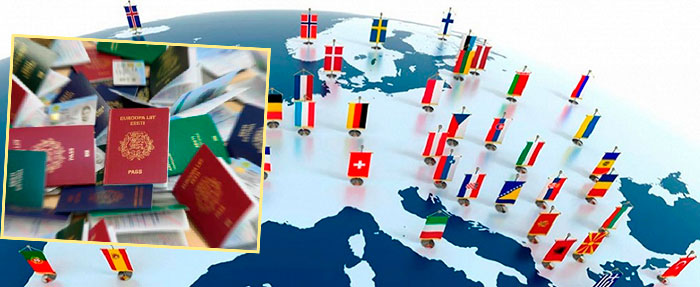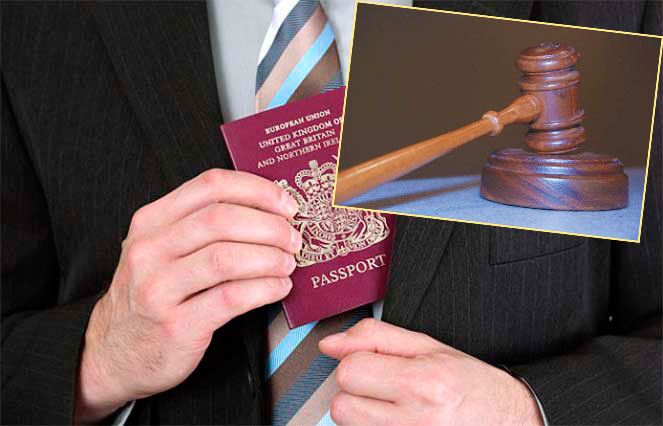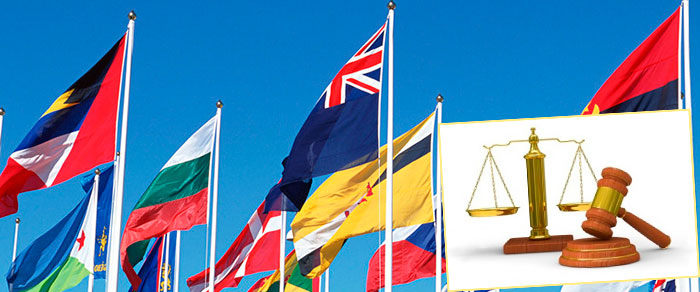What is the difference between the concepts of "citizenship" and "citizenship"
A person of any state who has a passport can be a citizen or subject. Citizenship and nationality are similar concepts, but they have absolute differences. Often citizens try to figure out the terminology on their own and answer the question of how citizenship differs from citizenship.
But to do this is quite difficult. Moreover, to reveal the differences and similarities of these concepts. A professional lawyer who is aware of all innovations, changes in the legal sphere and applies all theoretical knowledge in practice can explain the situation.
Only an experienced specialist will help assess the prospects, identify possible risks, pros and cons in each individual case. This can save time and effort.
Determination of citizenship and nationality
International law states that citizenship is a legal bond between a state and a person. It is expressed in mutual rights and obligations defined by the Constitution and other normative documents.
Citizenship of a person is documented and confirmed by the issuance of an identity card. Such a concept is used in a state with a republican form of government in the course of the development of the legal system.
But, the concept of "citizenship" first appeared and was used in countries where the monarch ruled. It is rather a one-sided relationship between a person and a ruler, rather than a state.
Such a connection was not fixed by any document, but was expressed only in residence on the territory of the state. 
It is rather not a legal, but rather a historical and cultural connection between a person and the state. Citizenship is still often used in monarchical rule.
In Russia, subjects were in the Russian Empire, and today free citizens live in the country.
Comparison
Despite the same legal nature of origin, these two concepts have many differences, which include: 
- belonging to either the state or the monarch;
- existence of rights and obligations. So in the case of citizenship, both parties (the citizen and the state) are endowed with obligations, and in the case of citizenship, only residents have obligations;
- citizens are the base of the country, endowed with rights with the ability to participate in government, and subjects have a minimum legal status and cannot rule in the country.
True, in our time, citizenship and citizenship in speech are used with the same meaning.
Many countries don't even make a distinction between them. But, in official and business documents, citizenship is not allowed to be used relative to people, that is, confusion of concepts is unacceptable.
Rights of citizens and subjects
Residents of monarchical powers cannot boast of a high legal status. They do not have the opportunity to organize strikes, to take part in the political life of the country.
They have more obligations than rights. They often have terrible working conditions.
A citizen has much more rights and freedoms, which are regulated by the Constitution of the country. For example, in order to confirm the status of a citizen of the Russian Federation, the state provides him with social benefits, economic guarantees, etc. 
Citizens can be divided into two categories:
- Born. They receive the status of a citizen of the state automatically at birth if the parents (both or one) are citizens of this country. Some states provide this category of people with more privileges.
- Naturalized. That is, in order to become a citizen of the country, you need to prove your intentions, desires, and the ability to correspond to society and the state. Russia equates the rights and obligations of this category to born citizens and does not infringe on their freedom.
Each country has its own criteria. Most often, rights are regulated by local laws.
There is citizenship of the European Union, but there is no such country to be found. But the concept is there. Citizens of the united countries that are members of the EU enjoy the benefits, rights and opportunities available to them.
How to get Russian citizenship
Russia has a lot to offer its citizens. The legal status is high, therefore, not a small part of foreign persons seeks to obtain a passport of a citizen of the Russian Federation.
You can use the general program, or you can use the simplified one.
But in order to receive benefits for registration, you will need good reasons - Russian relatives, services to the state, investing in the country's economy, etc.




